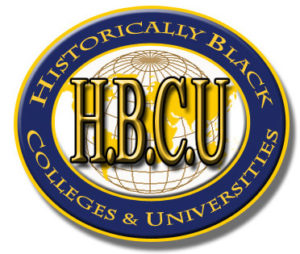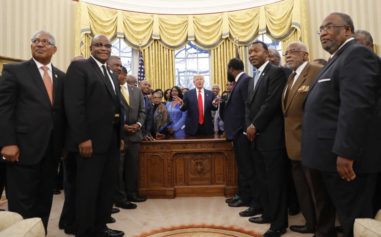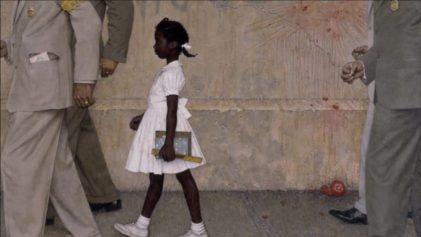
In the report, “America’s Public HBCUs: A Four State Comparison of Institutional Capacity and State Funding Priorities,” authors Dr. Marybeth Gasman and William Casey Boland examine historically Black institutions in Alabama, Louisiana, Mississippi, and North Carolina and urge reform in state funding and policy to better support the mission of historically Black colleges and universities. The recently released report builds on an influential 2008 study by Dr. James T. Minor, who documented the pre-recession condition and “underlying racial disparities in state and federal allocations to HBCUs” in the four states.
The new report uses recent data from the National Center for Education Statistics’Integrated Postsecondary Education Data System to explore HBCU enrollment, state appropriations, and completion data.
“We also drew upon current state appropriations data from state government websites, institutional websites and state education websites to procure advanced degree program information, including specialist and post-master’s programs,” the authors write.
In key findings, the report documents that, while Louisiana has severely cut funding to all of its public four-year institutions, HBCUs have been hit the hardest. In 2012, Grambling State University and Southern University at New Orleans, both HBCUs, received 36 percent and 35 percent less funding, respectively, than they did in 2007. The only predominantly white university in Louisiana that saw as dramatic a funding decline was the University of New Orleans, which experienced a drop of 32 percent.
While some historically Black schools, especially those in North Carolina, have seen a boost in state funding since the recession, on average HBCUs continue to be funded at lower levels than predominantly white institutions. State appropriations to historically Black colleges have increased somewhat in Alabama, Mississippi, and North Carolina, according to the report.
“The recession of 2008 led to deep cuts in state funding for most public higher education institutions, but HBCUs were hit especially hard,” the report says. “HBCUs are more susceptible to economic downturns because a large portion of their funding derives from tuition, and most HBCU students come from low-income households, which have fewer resources to buffer the impact of an economic downturn.”
Read the full story by Ronald Roach diverseeducation.com

